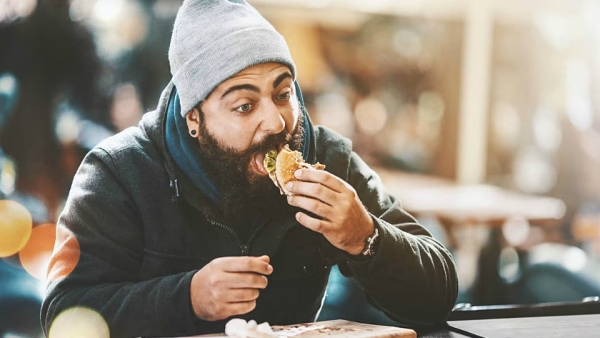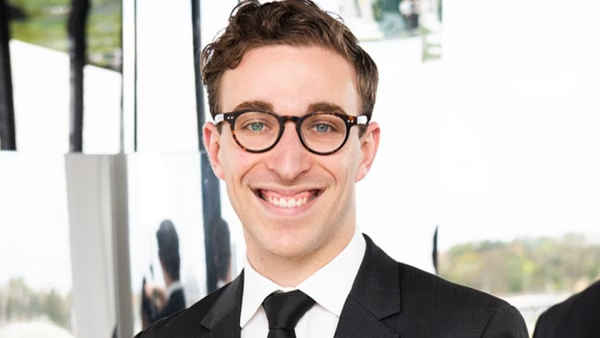How to increase immunity and avoid the flu this year
Dr Edward Cliff shares his tips for fighting the flu
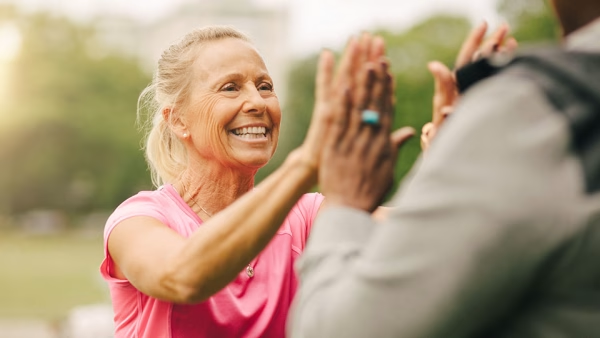

Each year between June and September, Australia experiences a fifth season – flu season. The weather gets cooler and the latest seasonal influenza infection begins its spread through our communities.
Although many people get mild infections – cough, runny nose, fevers, muscle aches, headaches – there are many others who are hospitalised with more severe symptoms. I regularly hear patients say to me that they never realised the flu could make them feel so awful, and that previous illnesses they thought were the flu were in fact probably a more mild viral infection.
In our health system, we see a significant surge in the number of people, particularly those that are elderly and chronically ill, presenting with influenza throughout winter.
What’s the difference between influenza and COVID-19?
Like COVID-19, influenza is also a virus, but although the two share many characteristics, they also have significant differences.
Like many countries across the globe, we’re already concerned about having enough room and supplies in our hospitals for those infected with COVID-19; so a surge of people infected with influenza (or both influenza and COVID-19) could worsen the situation.
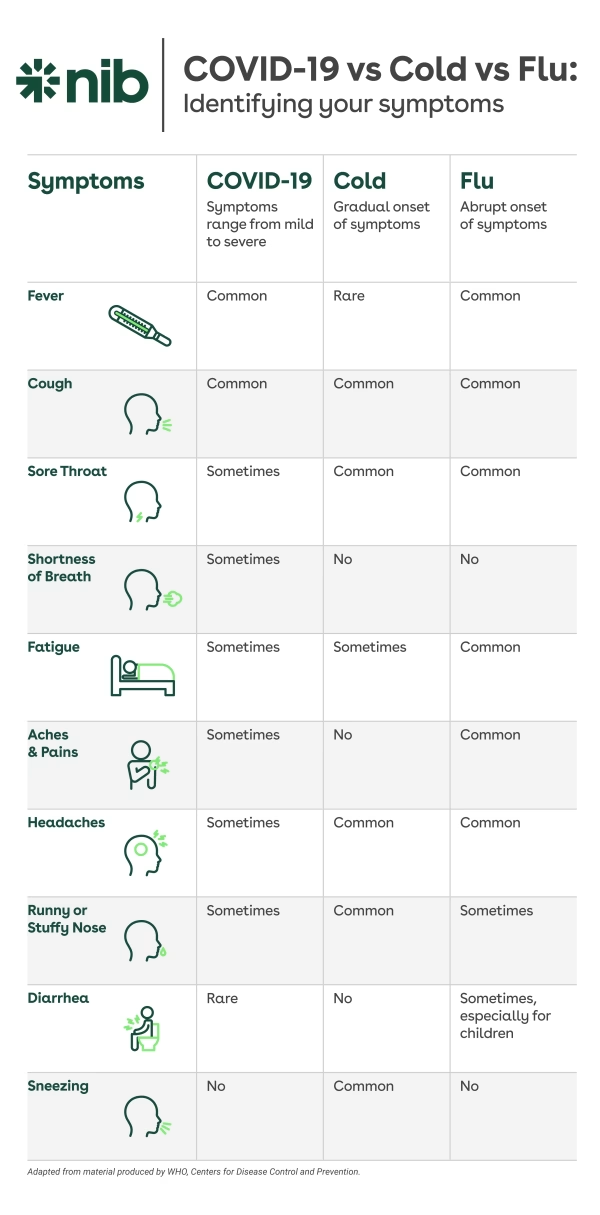
So what can you do to avoid the flu?
Firstly, it’s important to keep up the great work you’re already doing to prevent the spread of COVID-19. Good hygiene practice, social distancing and isolating those who are infected, are the best ways to avoid infection.
In addition to these important actions which will help to halt the spread of both COVID-19 and influenza, we have another powerful weapon in the battle against influenza: a vaccine. Each year, based on the northern hemisphere’s flu season, experienced virologists and vaccine specialists select the strains of influenza to be included in the vaccine, and millions of vaccines are prepared for Australians.
Getting the flu vaccine significantly reduces your chance of catching the virus, however it doesn’t reduce it to zero, so you should still take all the measures described above.
Related: Everything you need to know about the flu vaccine
Let me make this clear, no specific food or supplement will prevent you catching the flu or COVID-19. However, there are evidence-based recommendations to boost your immunity include eating a healthy diet, regular exercise, quality sleep and looking after your mental health. It is particularly important to try and maintain your fruit and veg intake (2 serves of fruit and 5 serves of veggies).
Here's a rough and practical guide to what one serve of fruit or veg looks like:
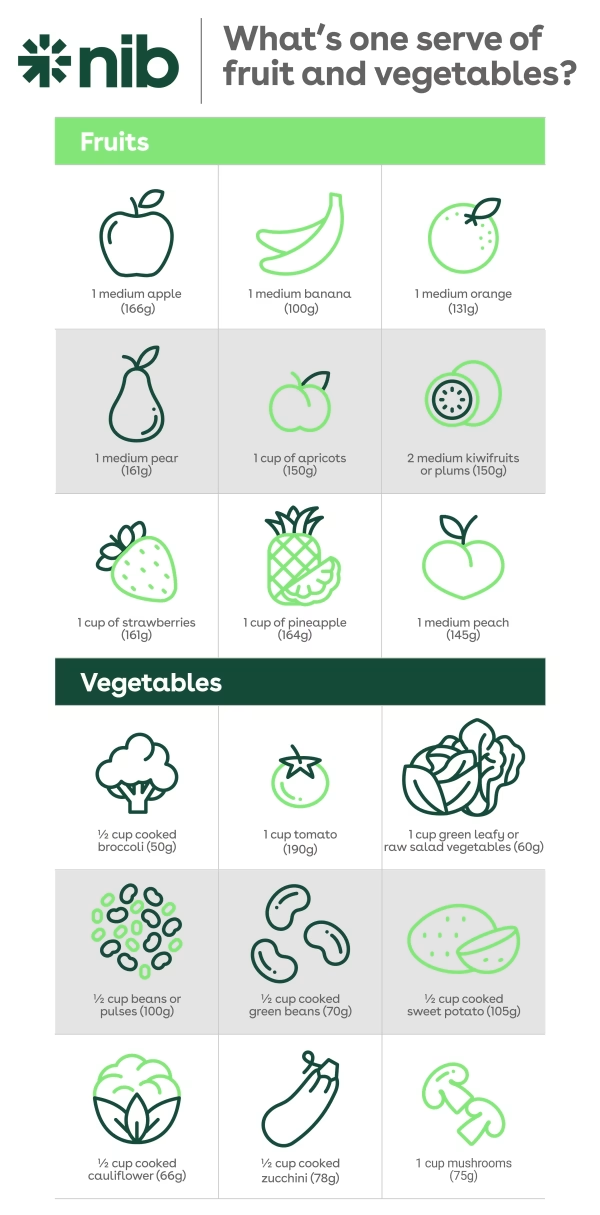
This winter, the last thing you need is to be infected by two different viruses – COVID-19 and influenza – so make sure you follow hygiene and distancing recommendations, eat well and be sure to get your vaccine. By doing so, you’ll not only be protecting yourself and your loved ones, but you’ll be helping Australia’s health system so that we can avoid a surge of patients.
So, from those of us working on the frontline – thanks for doing your part and staying home.
Are you at risk of heart disease? 12 signs you need to know
We've put togther 12 risk factors for heart disease
Getting headaches? Here’s what you need to know about eye strain
Here are some tips on relieving your eye strain symptom from an optometrist.
8 healthy habits to start in your 30s
It's the perfect time to lay the foundations of good health
Dr Edward Cliff
A medical registrar at The Royal Melbourne Hospital, Dr Edward Cliff has a passion for public health policy, particularly in nutrition, obesity and non-communicable diseases such as diabetes and cardiovascular diseases.
An aspiring physician-scientist, Eddie completed his Bachelor of Medicine and Bachelor of Surgery (Hons) at Monash University, and his Bachelor of Medical Science with first class honours at the University of Oxford, studying the physiology of neonatal diabetes. Eddie will also undertake a Master of Public Health at the Harvard T.H. Chan School of Public Health this year to hone his technical public health and policy skills.


